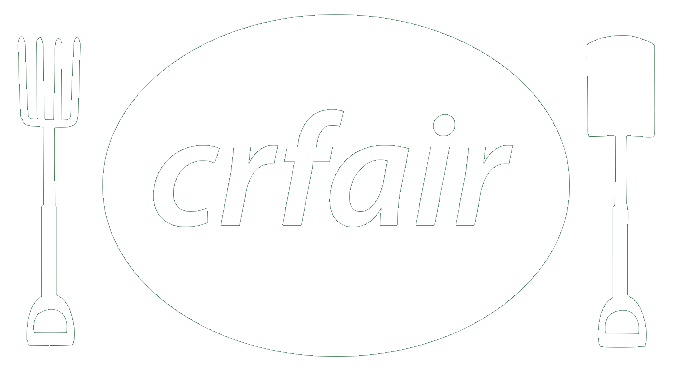What is a Food Hub?
A food hub is a business or organization that actively manages the aggregation, distribution, and/or marketing of source-identified food products primarily from local and regional producers in order to satisfy wholesale, retail, and institutional demand. Food Hub activities exist on a continuum from social services to economic services. This continuum reflects the range of actors in the food system, from farmers to consumers. Community/Neighbourhood Food Hubs are nested within the systems of food hubs, and predominantly focus on the social connections around food. Community Food Hubs support the infrastructure to distribute healthy food to where people already live, work and play, all with the intent for healthy food to be accessed in inclusive and dignified manners. Community Food Hubs value the right to food, building community through food, and supporting the local food system.
Neighbourhood and Community Food Hubs promote these basic values within their actions:
The right to food: The right to food is a value that all people deserve adequate access to food that is healthy, nourishing and culturally appropriate. Though the work of Food Hubs Centres or Networks they ensure that their community has this Right to Food.
Building community through food: Food can be used as community building tool; the simple act of bringing people together and break bread. Food strengthens community connection and helps reduce social isolation. The majority of people enjoy food and the act of eating, growing, cooking and preserving food has the ability to build connections amount community members
Strengthen the local food system within their work: Though not all food can be sourced locally at all times Food Hubs, Centres or Networks try to embed programs that promote the sourcing of local food. This can be done through several ways such as a gardens, farmer’s market coupons or bulk buying programs.
Kitchen Connect
Kitchen Connect is a Community Food Hub run by CRFAIR’s sister organization, Victoria Community Food Hub Society (VCFHS).
Kitchen connect marries the ability to develop processing infrastructure at our community food hub, with a peer mentorship and training program that helps to provide work experience and employability skills to newcomers, refugees, and other vulnerable populations. More experienced food sector workers is a good thing for business. We could potentially provide an in-house processing team that could be a labour pool for all members. Produce and processed goods are also streamed into our charity sector work to feed our community and build strong food businesses.
Learn more about food hubs here⤵️
Community Food Hub Strategy
The Food Hubs Strategy is a movement of neighbourhood-level organizing that shifts away from centralized food banks to initiatives that are place-based, social, and empowering. This model not only increases access to nutritious foods but builds food skills, knowledge, and connections over the longer term. The momentum has catalyzed positive, non-stigmatizing initiatives that aim to support healthy food access and food literacy programming. Food Hubs continue to grow connectivity between and across regions and provinces in their ongoing work to strengthen the local food system.
What has the Food Hubs Strategy been up to over the past year?
Hosted evaluation workshops for organizations to learn about strategies to measure and assess collective impact
Created reports about food security in the Capital Region, the Food Hubs model, and the accomplishments of the Food Hubs Steering Committee
Held two roundtable events: the Gordon Head Food Security World Cafe (May 2017) and the Annual Food Hubs Roundtable (June 2017)
Identified Gordon Head as the pilot project neighbourhood for the strategy, and taken the first steps to meet with stakeholders and assess options for developing or enhancing neighbourhood food hubs
Research
CRFAIR, working alongside the Food Hubs Steering Committee, has compiled three reports on the Food Hubs Strategy.
Increasing Food Literacy and Food Access in the Capital Region: Where are we headed?
Primer: All About Community Food Hubs
Community Food Hub Summary Report 2016-2017
Additionally, a report has been compiled on the potential of public institutions in increasing food access and food literacy in the Gordon Head Neighbourhood.
Neighbourhood Food Hubs Presentation May 2016
Thank you to our sponsors:




